Fintechs See Strongest Payments Challenge From Stablecoins and CBDCs
fintech companies believe Stablecoins will compete with traditional payment offerings

There are few segments of the cryptocurrency industry that get as much focus from policymakers as stablecoins.
While it’s still relatively early for crypto, fintech companies regard stablecoins and possibly central bank digital currencies (CBDCs) as more “elegant” than bitcoin (BTC) with respect to payments.
Earlier this year, PayPal announced it seeks to launch a regulatory compliant stablecoin, possibly pegged to the US dollar. Jose Fernandez da Ponte, Senior Vice President of Crypto and Digital Currencies at PayPal said,
“We are exploring a stablecoin; if and when we seek to move forward, we will of course, work closely with relevant regulators.”
Dan Schulman, the Chief Executive Officer of PayPal recently reiterated his positive stance on the cryptocurrency industry. In his view, the “intersection” between digital assets, CBDCs, stablecoins, and digital wallets will,
“redefine a lot of the financial world going forward.”
Provided that they are safe and stable in value, cryptoassets and the technology underpinning this innovation could bring a number of benefits including lower transaction costs and increase the speed of cross-border payments by allowing transactions to take place directly between individuals reducing the need for centralised intermediaries. If undertaken within a well-designed and proportionate regulatory regime, this technology could increase competition in the global financial system, further lowering costs to end-users.
Ever since Meta announced their intentions of launching Diem a Global Stablecoin that would be instantly available for payments to Facebook’s 2.3 billion users, central bankers and financial organisations had Stablecoins in their crosshairs.
- Visa's Chief Financial Officer Vasant Prabhu reiterated his company’s enthusiasm for digital currencies and its goal of being a bridge between the crypto and fiat worlds. In similar fashion to the PayPal executives believe that Bitcoin has “limitations” in payments due to volatility and speed.
- Deutsche Bank: Stablecoins will compete with traditional payment offerings, “The future use of stablecoins will depend on the development of DeFi as well as on the outcome of projects for retail payments or corporate solutions. Regulation will likely support broader adoption. However, stablecoins will compete with traditional payment offerings and – as regards DLT-based business – with other emerging solutions: tokenised deposits and central bank-issued digital currencies.”
- Nellie Liang, Treasury undersecretary for domestic finance, told the House Financial Services Committee stablecoin hearing in February. “I believe stablecoins that are stable, and can deliver a stable value tied to the dollar, would benefit the U.S. dollar,”
Custodial stablecoins like e-Money.com's suite of European Stablecoins and Circle's Global US Dollar Stablecoin have a fiat-based backing that are controlled by the stablecoin issuer. For example, if a coinholder deposited £100,000 with the stablecoin issuer, they would receive an equivalent value of stablecoins in return. The ability of the stablecoin issuer to meet all redemptions at par value requires that the value of the stablecoins’ backing remains in line with the stablecoins in issue, and that their liquidity matches their possible redemptions
With payments rails in a stablecoin friendly regulatory environment it would be a lot easier to get merchants to accept stablecoin payments. Stablecoins have clearly demonstrated that digital cash may determine the future of finance. Just as data freely roams the Internet, so have stablecoins become the Internet’s native money, attached to the crypto ecosystem.
As such, one could even say that stablecoins already serve the purpose of CBDC's.
Disclaimer:
GlobalStablecoins.com is an informational website that provides news about coins, blockchain companies, blockchain products and blockchain events. Don’t take it as investment advice. Speak to an advisor before you risk investing in an ICO, Cryptocurrencies, Cryptoassets, Security Tokens, Utility Tokens, Exchange Tokens, Global Stablecoins, Stablecoins or eMoney Tokens. GlobalStablecoins.com is not accountable, directly or indirectly, for any damage or loss incurred, alleged or otherwise, in connection to the use or reliance of any content you read on the site.
Affiliate Disclosure / Sponsored Posts:
If a Sponsored Post contains any mention of a crypto project, we encourage our readers to conduct diligence prior to taking further action. GlobalStablecoins.com does not recommend that any cryptocurrency should be bought, sold, or held by you. Do conduct your own due diligence and consult your financial advisor before making any investment decisions.
GlobalStablecoins.com may receive compensation for affiliate links. Should you perform activities in relation to an affiliate link, it is understood that some form of compensation might be made to GlobalStablecoins.com. For example, if you click on an affiliate link, and sign up and trade on an exchange, GlobalStablecoins.com may receive compensation.
Before you invest in Cryptoassets you should be aware of the following,
Cryptoassets are considered very high risk, speculative investments.
If you invest in Cryptoassets you should be prepared to lose all your money.
All Sponsored Posts are paid for by crypto projects, coin foundations, advertising firms, PR firms, or other marketing agencies. GlobalStablecoins.com is not a subsidiary of any marketing agency, nor are we owned by any crypto or blockchain foundation.
The purpose of offering Sponsored Posts to our advertisers is to help fund the day-to-day business operations at GlobalStablecoins.com.
If you come across a Sponsored Post which you believe is fraudulent and/or “scammy,” please contact us and we will perform an immediate investigation.
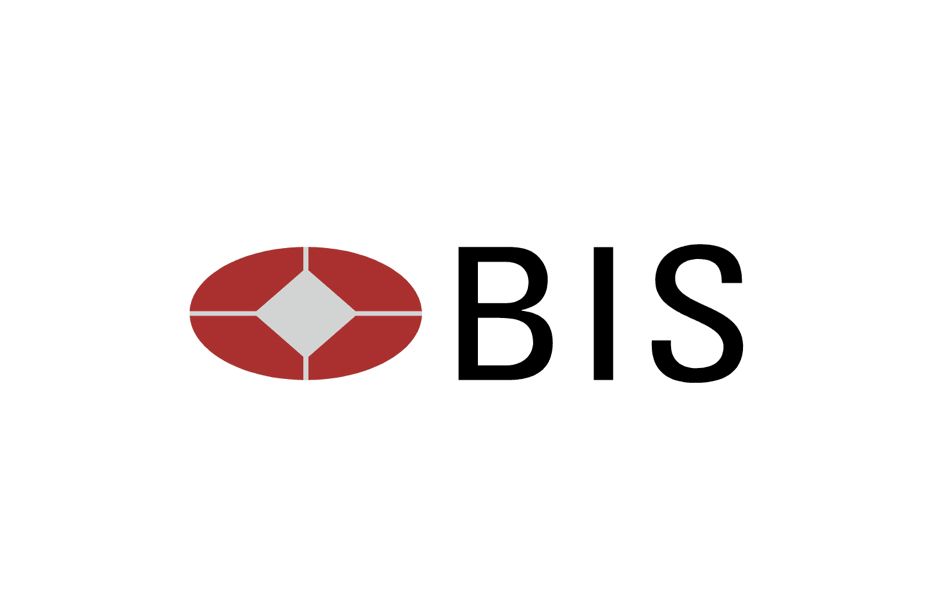
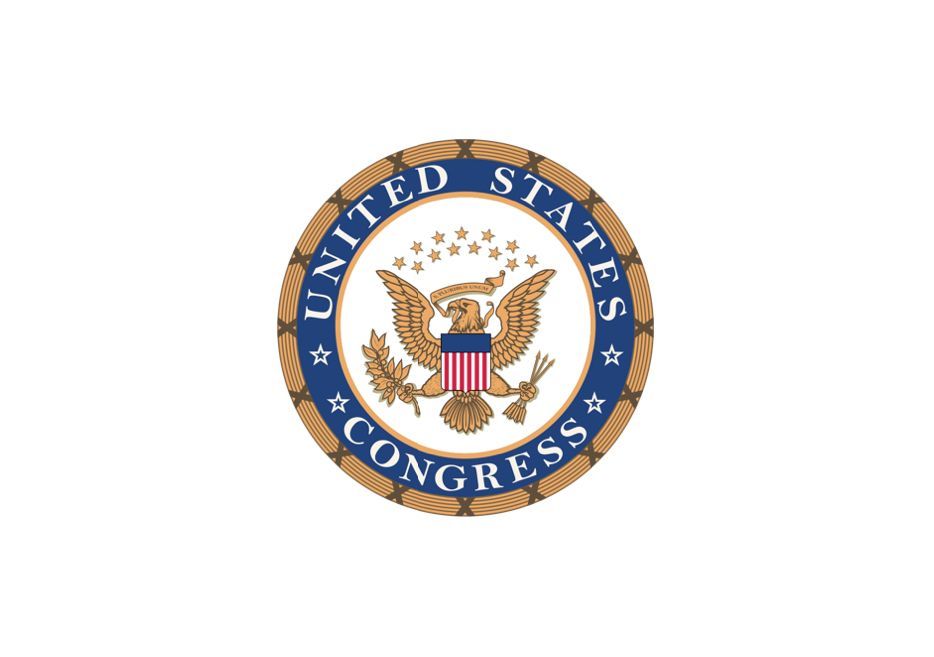

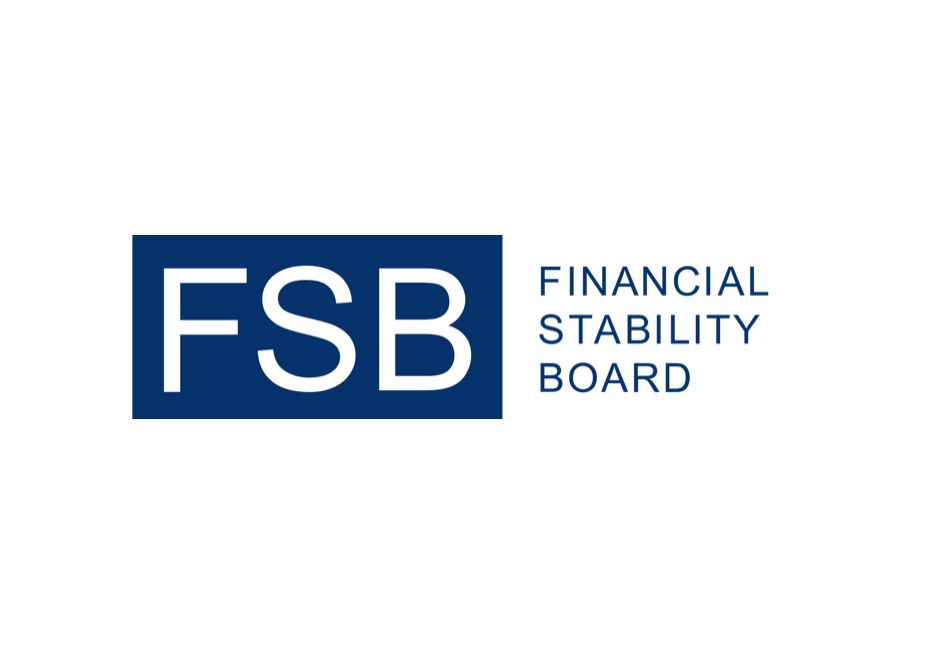
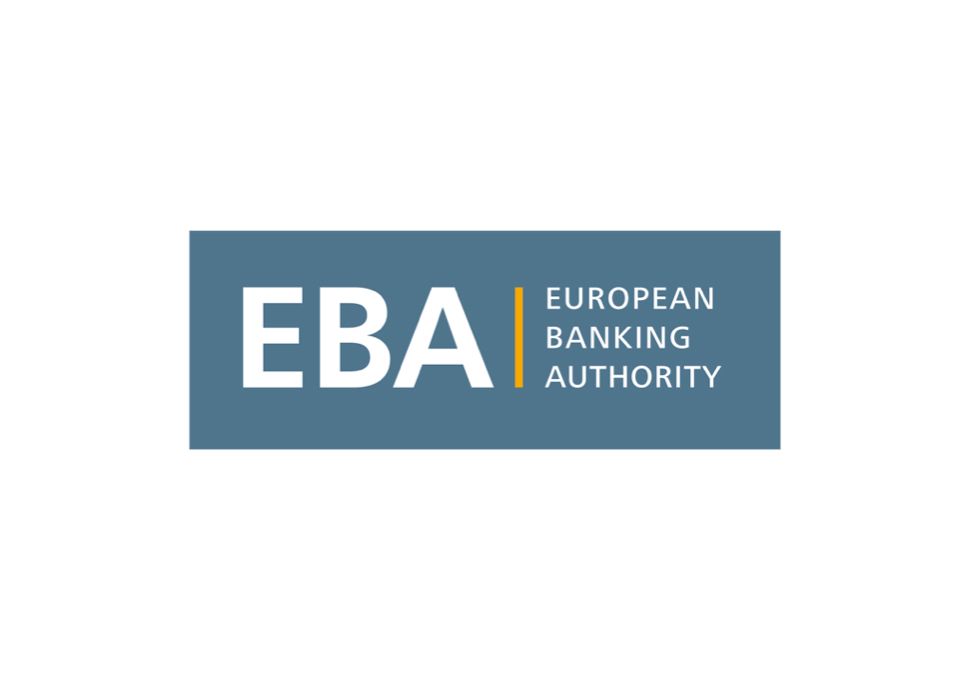

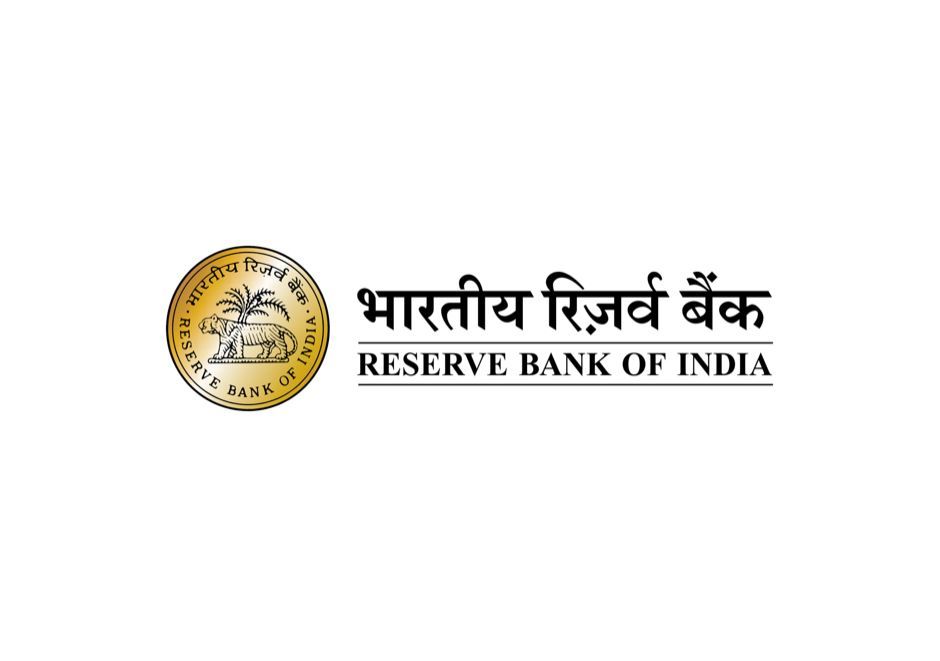
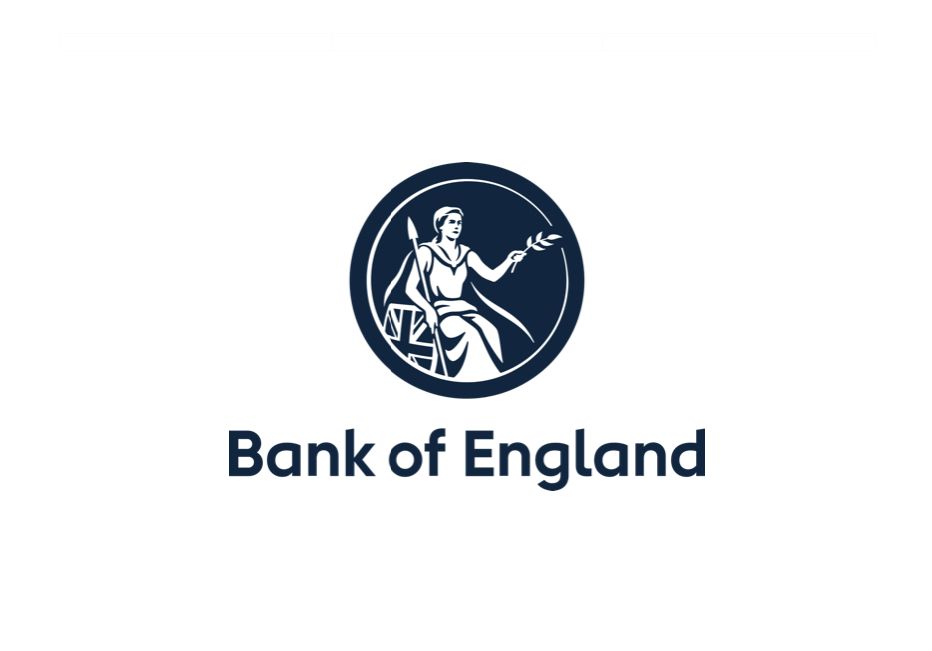
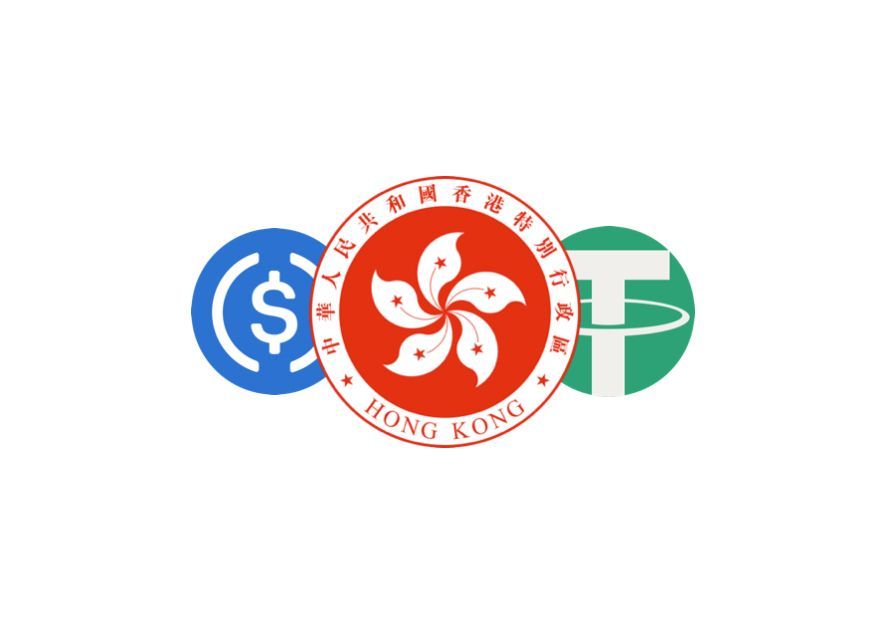
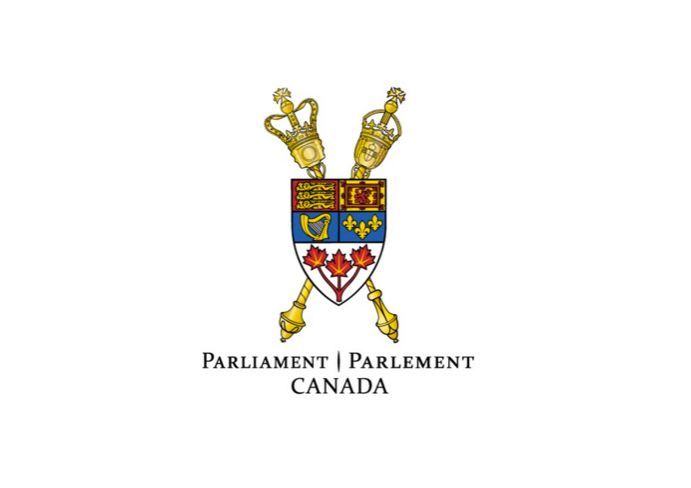
Disclaimer:
GlobalStablecoins.com is an informational website that provides news about coins, blockchain companies, blockchain products and blockchain events. Don’t take it as investment advice. Speak to an advisor before you risk investing in an ICO, Cryptocurrencies, Cryptoassets, Security Tokens, Utility Tokens, Exchange Tokens, Global Stablecoins, Stablecoins or eMoney Tokens. GlobalStablecoins.com is not accountable, directly or indirectly, for any damage or loss incurred, alleged or otherwise, in connection to the use or reliance of any content you read on the site.
Affiliate Disclosure / Sponsored Posts:
If a Sponsored Post contains any mention of a crypto project, we encourage our readers to conduct diligence prior to taking further action. GlobalStablecoins.com does not recommend that any cryptocurrency should be bought, sold, or held by you. Do conduct your own due diligence and consult your financial advisor before making any investment decisions.
GlobalStablecoins.com may receive compensation for affiliate links. Should you perform activities in relation to an affiliate link, it is understood that some form of compensation might be made to GlobalStablecoins.com. For example, if you click on an affiliate link, and sign up and trade on an exchange, GlobalStablecoins.com may receive compensation.
Before you invest in Cryptoassets you should be aware of the following,
Cryptoassets are considered very high risk, speculative investments.
If you invest in Cryptoassets you should be prepared to lose all your money.
All Sponsored Posts are paid for by crypto projects, coin foundations, advertising firms, PR firms, or other marketing agencies. GlobalStablecoins.com is not a subsidiary of any marketing agency, nor are we owned by any crypto or blockchain foundation.
The purpose of offering Sponsored Posts to our advertisers is to help fund the day-to-day business operations at GlobalStablecoins.com.
If you come across a Sponsored Post which you believe is fraudulent and/or “scammy,” please contact us and we will perform an immediate investigation.
All Rights Reserved | GlobalStablecoins.com
